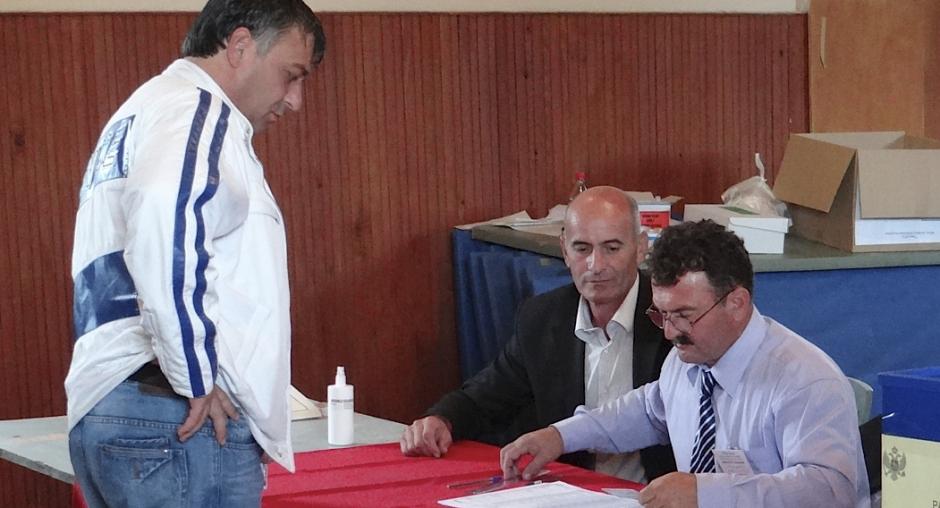OSCE/ODIHR final report says Montenegrin elections democratic and pluralistic, recommends measures to instill greater public confidence

The early parliamentary elections in Montenegro on 14 October were pluralistic, however, areas such as the compilation of voter lists and the procedure for the review of complaints need further improvement, says the final report by the OSCE Office for Democratic Institutions and Human Rights (ODIHR) released on 7 December 2012.
The limited election observation mission report notes that the high number of allegations of state and party confluence, as well as of election irregularities indicates that further measures are needed to increase public trust in the integrity of the process. The report recommends that such measures include a thorough investigation of allegations of electoral irregularities and a public campaign against vote buying and electoral fraud.
It also recommends further efforts to enhance public confidence in the quality of voter lists. Authorities should remove deceased voters from the lists and make a greater effort to inform the public about measures taken to eliminate duplications, the report adds.
It welcomes amendments to the electoral law. Provisions for the “authentic representation” of minorities were harmonized with the Constitution. Provisions to allocate seats under a reduced threshold for minority parties should, however, be further elaborated in legislation, the report notes.
While the introduction of a gender quota in candidate lists led to the improvement of women’s representation in the Parliament, the report adds that the legal framework should be further amended to eliminate the 24-month residency requirement.
In facilitating the access of voters to legal remedies, the report suggests that complaint forms be developed and made available at polling stations and higher-level commissions on election day.
